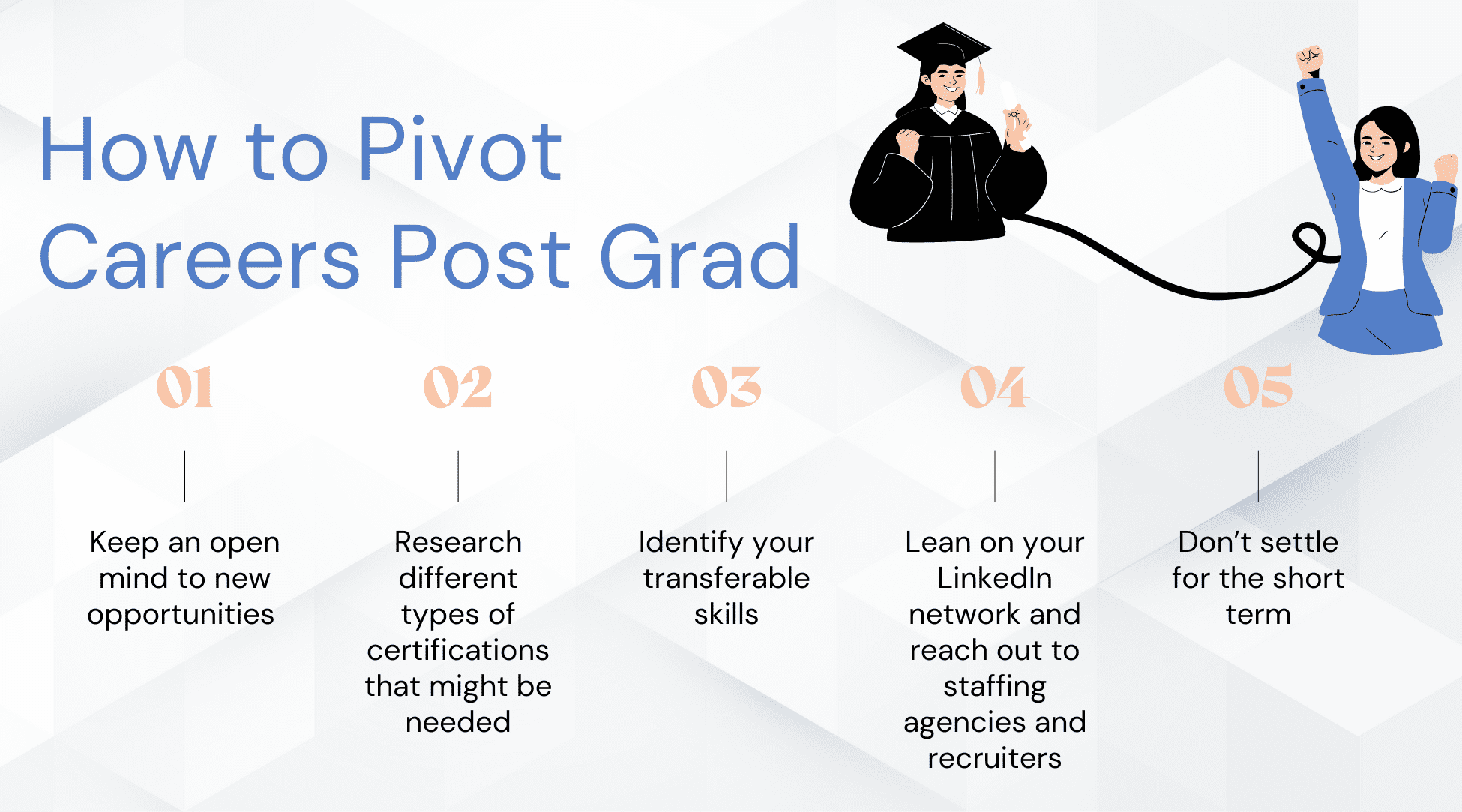Transitioning to a new career can be both exhilarating and terrifying. Trust me, I’ve been there. After spending several years in a field that just didn’t ignite my passion anymore, I decided to take the leap and pivot to a completely new industry. It wasn’t an easy decision, and the road to my new career wasn’t without its challenges, but looking back, it was one of the best decisions I ever made.
If you find yourself yearning for something different, something more fulfilling, here are some key steps to consider as you embark on your own career transition journey.
1. Self-reflection and exploration: Before diving headfirst into a new field, take the time to reflect on what truly makes you come alive. What are your passions, interests, and values? Consider how these can translate into a different career path. Research different industries and job roles that align with your newfound sense of purpose. Attend workshops, seminars, or network with professionals working in the fields that pique your curiosity. The more you understand about your desired industry, the better equipped you’ll be to make an informed decision.
2. Identify transferable skills: While transitioning to a new field may feel like starting from scratch, remember that you already possess a wealth of skills and experiences that can be invaluable in your new endeavor. Take stock of your transferable skills – those abilities that can be useful and applicable across various industries. Maybe you have excellent project management skills, a knack for problem-solving, or superb communication abilities. Highlighting these skills on your resume and during interviews will showcase your adaptability and make potential employers take notice.
3. Seek guidance and mentorship: It’s always helpful to have someone who has been through a similar career transition to offer guidance and support. Reach out to professionals who have successfully transitioned into your desired field and ask for advice. They can provide insider insights, suggest relevant resources, and share their personal experiences. Additionally, consider seeking a mentor who can provide ongoing support as you navigate the transition. Having a trusted mentor to bounce ideas off of and offer guidance can make all the difference in your journey.
4. Education and upskilling: Depending on the field you’re transitioning into, you may need to acquire new knowledge and skills. Take advantage of online courses, workshops, and professional development opportunities to sharpen your skills or gain new ones. Leverage the power of online learning platforms like Coursera, Udemy, or LinkedIn Learning to take courses on topics relevant to the industry you’re moving into. The investment in your education will not only boost your confidence but also enhance your credibility when presenting yourself as a strong candidate.
5. Build a strong network: Networking has always been an essential aspect of career growth, and it becomes even more critical during a career transition. Attend industry conferences, join professional associations, and participate in online communities related to your new field. Networking can help you learn about job openings, gain insights into industry trends, and build meaningful connections with professionals who may serve as valuable resources throughout your transition.
6. Get practical experience: Sometimes, the best way to transition into a new field is to gain practical, hands-on experience. Look for internships, freelance opportunities, or volunteer work that can help you build a solid foundation in your chosen field. Not only will this give you hands-on experience to add to your resume, but it will also help you explore and confirm if this is the right path for you.
7. Embrace the learning curve and stay resilient: It’s important to remember that any significant career transition comes with a learning curve. Be prepared to face challenges, setbacks, and moments of self-doubt. Embrace the learning process and stay resilient. Celebrate small wins and milestones along the way. Remember, Rome wasn’t built in a day, and your new career won’t magically materialize overnight. Stay focused on your end goal and keep pushing forward, even when the road gets tough.
Transitioning to a new career is an exciting opportunity for growth and personal fulfillment. By taking the time to reflect on your passions, identify transferable skills, seek guidance, upskill yourself, build a strong network, gain practical experience, and stay resilient, you can successfully pivot to a new field. Remember, the path may not be a straight line, but with determination and perseverance, you can create a career that aligns with both your personal and professional aspirations.
